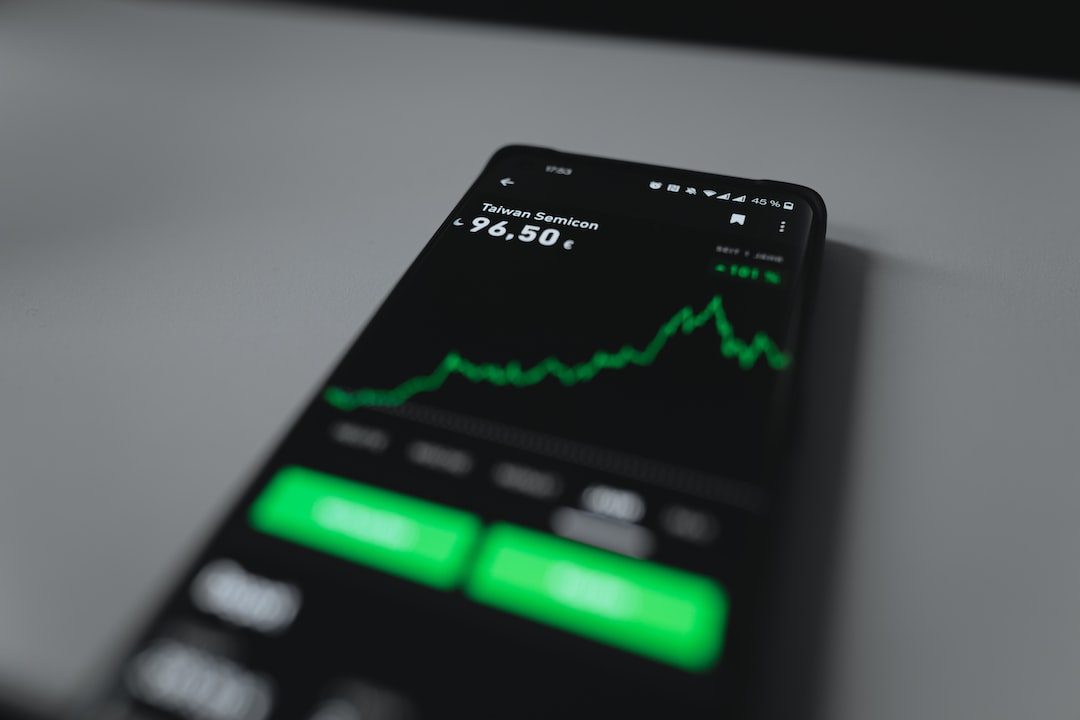Forex or foreign exchange market is a decentralized market where currencies are traded. It is the largest financial market in the world with an average daily turnover of approximately $5.3 trillion. Forex is a vital component of international trade, and the exchange rate between different currencies plays a significant role in determining the competitiveness of a firm. As such, forex has a profound effect on firms, and understanding how it works is essential for any business that operates in international markets. In this article, we will explore how forex affects firms.
1. Exchange rate risk
Exchange rate risk is the risk that a firm will lose money due to changes in the exchange rate between the currency it uses and the foreign currency it receives. For instance, if a US-based firm sells goods to a UK-based firm, it will receive payment in pounds. If the exchange rate between the US dollar and the pound changes before the firm converts the pounds into dollars, it could lose or gain money. A strong dollar means that the firm will receive fewer dollars, while a weak dollar means that the firm will receive more dollars.
Firms can mitigate exchange rate risk by using hedging strategies, such as forward contracts, options, and swaps. These strategies allow the firm to lock in a specific exchange rate, ensuring that it receives a fixed amount of money regardless of fluctuations in the exchange rate.
2. International trade
Forex plays a crucial role in international trade. When firms import goods from other countries, they need to pay for those goods using the foreign currency. As such, the exchange rate between the two currencies affects the cost of imports. A strong domestic currency means that the cost of imports is lower, while a weak domestic currency means that the cost of imports is higher.
On the other hand, when firms export goods to other countries, they receive payment in foreign currency. The exchange rate between the two currencies affects the revenue earned from exports. A strong domestic currency means that the revenue earned from exports is lower, while a weak domestic currency means that the revenue earned from exports is higher.
3. Investment
Forex also affects firms that invest in foreign markets. When a firm invests in a foreign market, it needs to convert its domestic currency into the foreign currency. The exchange rate between the two currencies affects the cost of investment. A strong domestic currency means that the cost of investment is lower, while a weak domestic currency means that the cost of investment is higher.
The return on investment also depends on the exchange rate between the two currencies. If the foreign currency appreciates against the domestic currency, the firm will earn a higher return on investment. However, if the foreign currency depreciates against the domestic currency, the firm will earn a lower return on investment.
4. Competitive advantage
Forex also affects a firm’s competitive advantage. A strong domestic currency makes a firm’s products more expensive in foreign markets, making it less competitive. On the other hand, a weak domestic currency makes a firm’s products less expensive in foreign markets, making it more competitive.
5. Economic conditions
Forex is also affected by economic conditions such as inflation, interest rates, and trade policies. These economic conditions affect the exchange rate between currencies, which in turn affects firms. For instance, high inflation rates can lead to currency depreciation, making imports more expensive and exports more competitive.
Conclusion
Forex affects firms in multiple ways, including exchange rate risk, international trade, investment, competitive advantage, and economic conditions. Firms that operate in international markets must understand how forex works to manage their risks and take advantage of opportunities. By using hedging strategies, monitoring exchange rates, and adapting to changing economic conditions, firms can mitigate the impact of forex on their operations and maintain their competitiveness.






